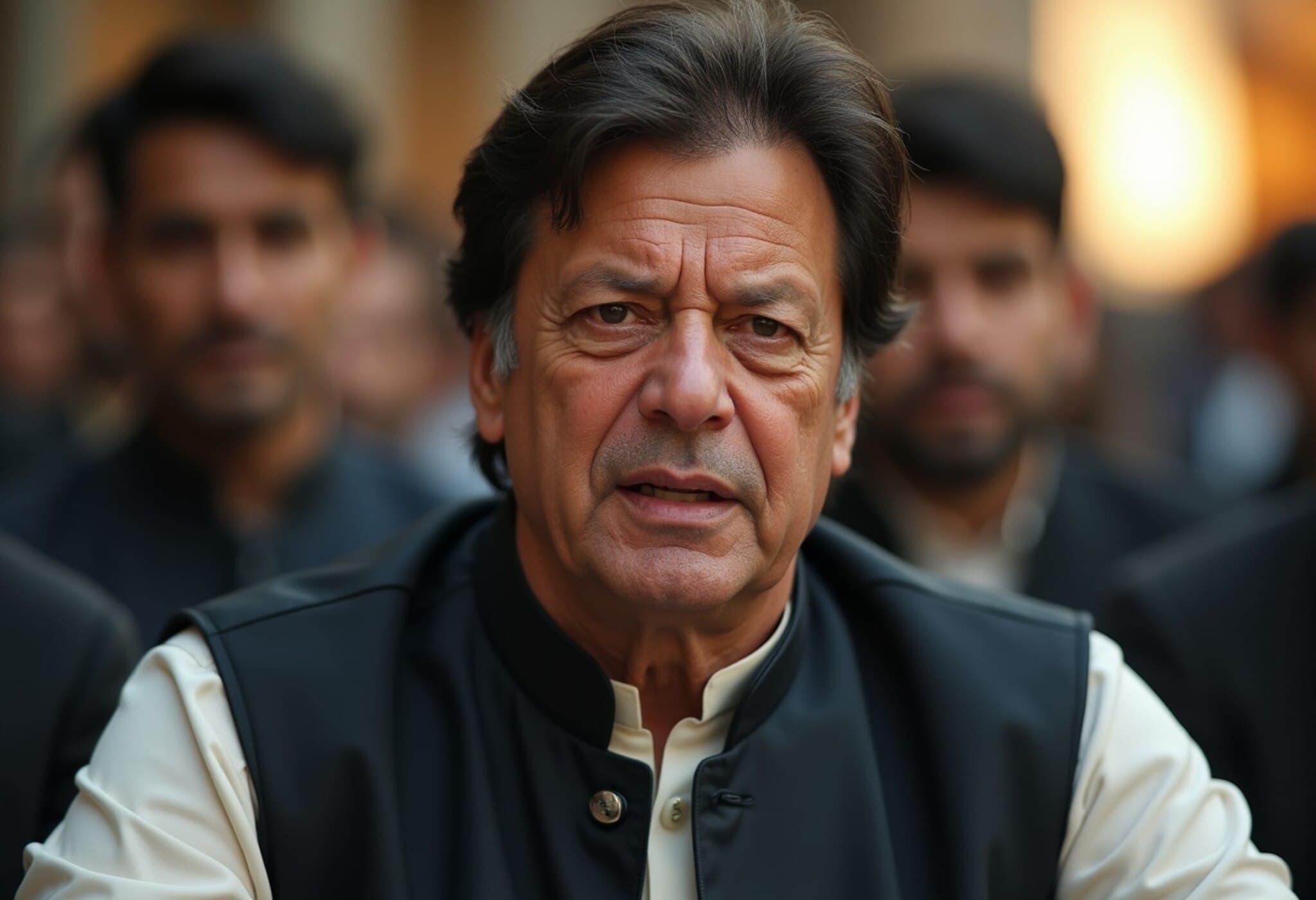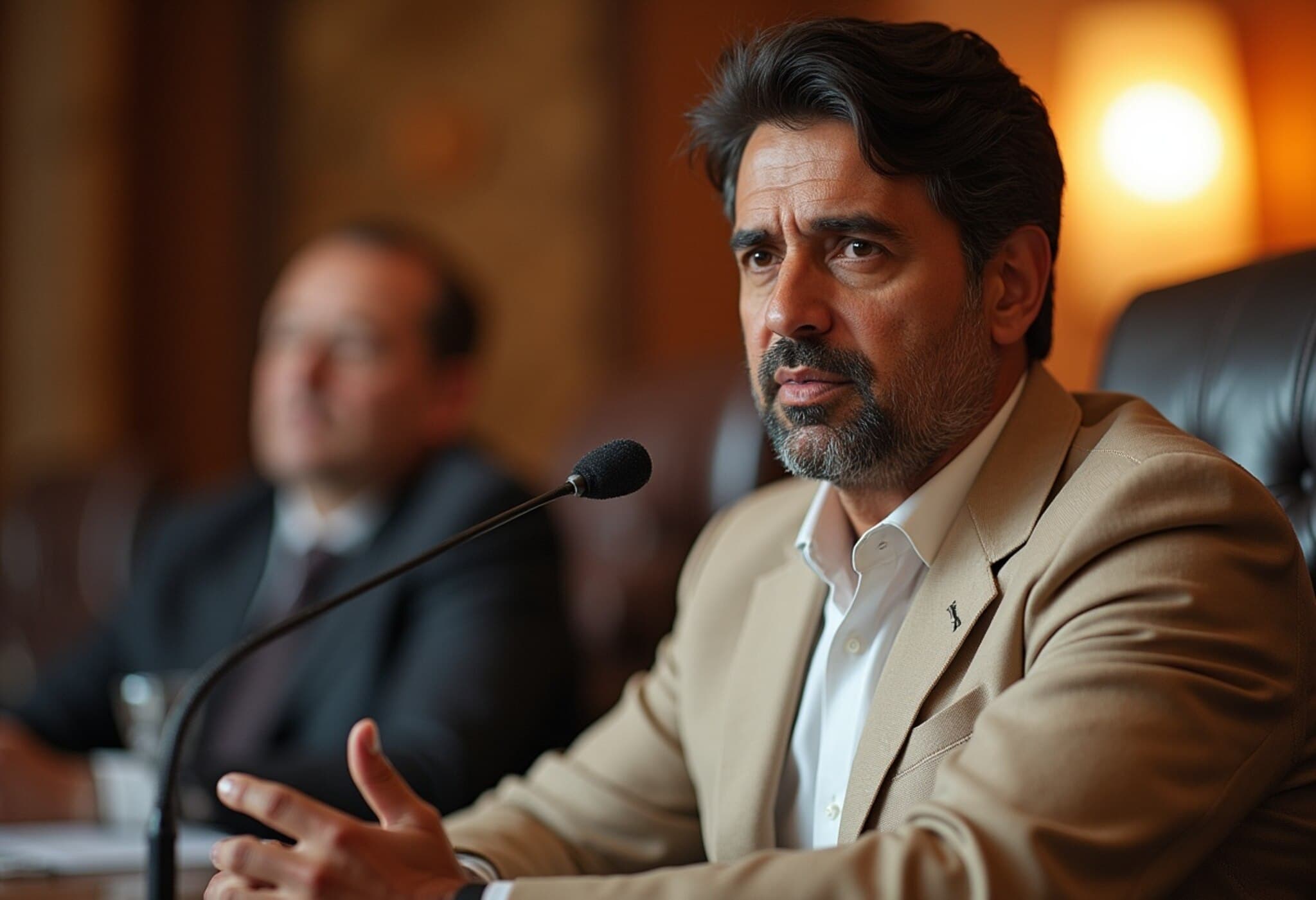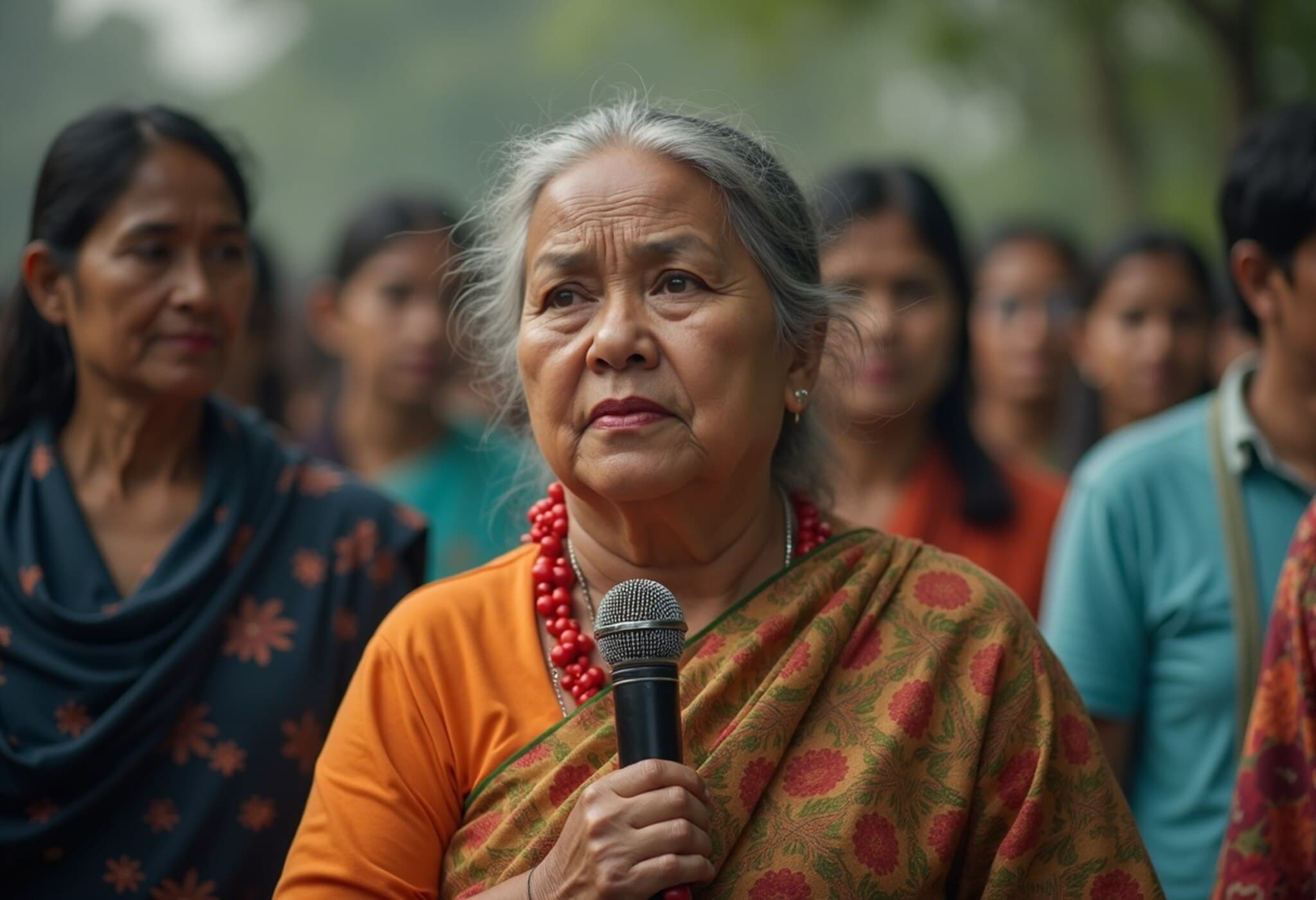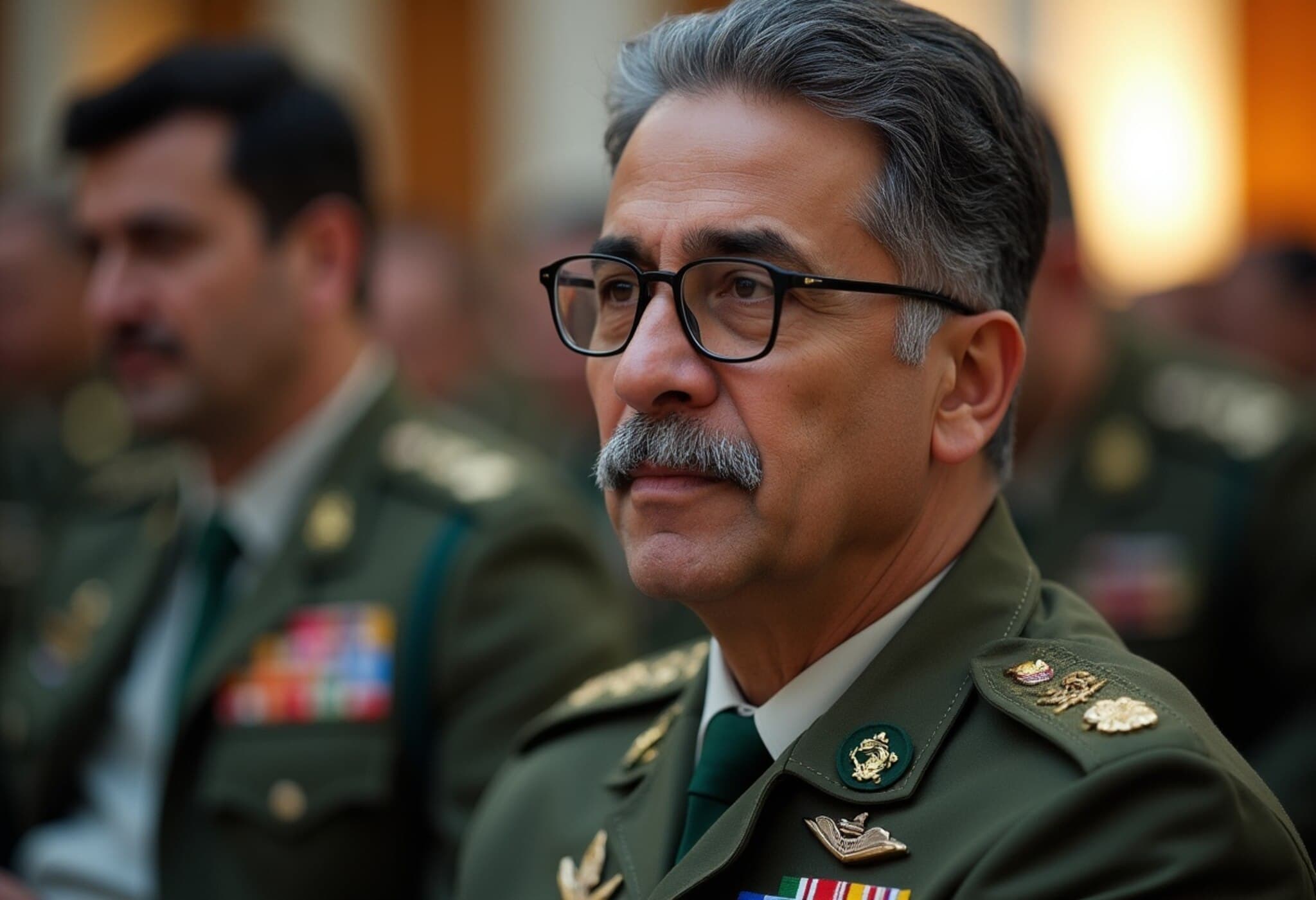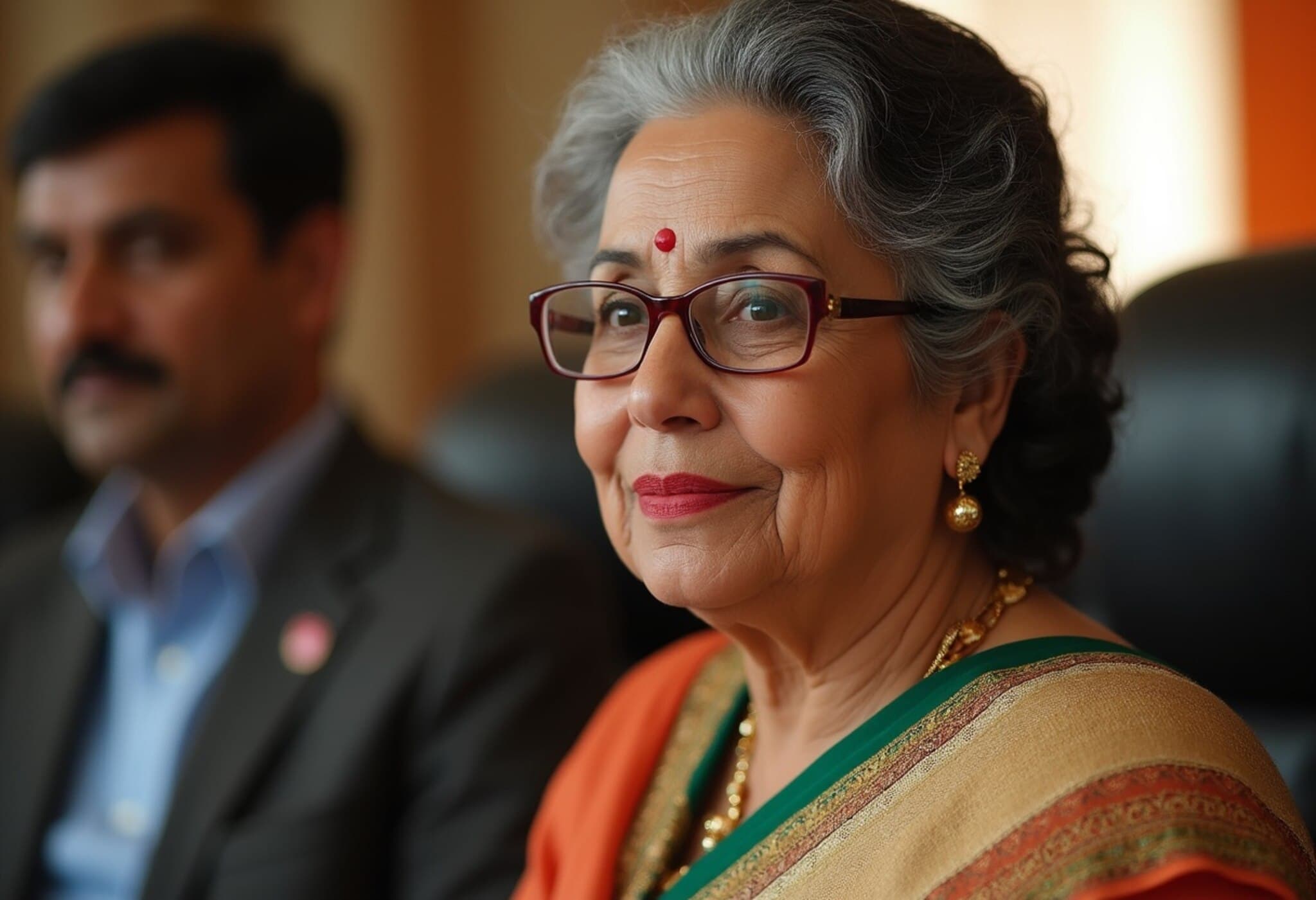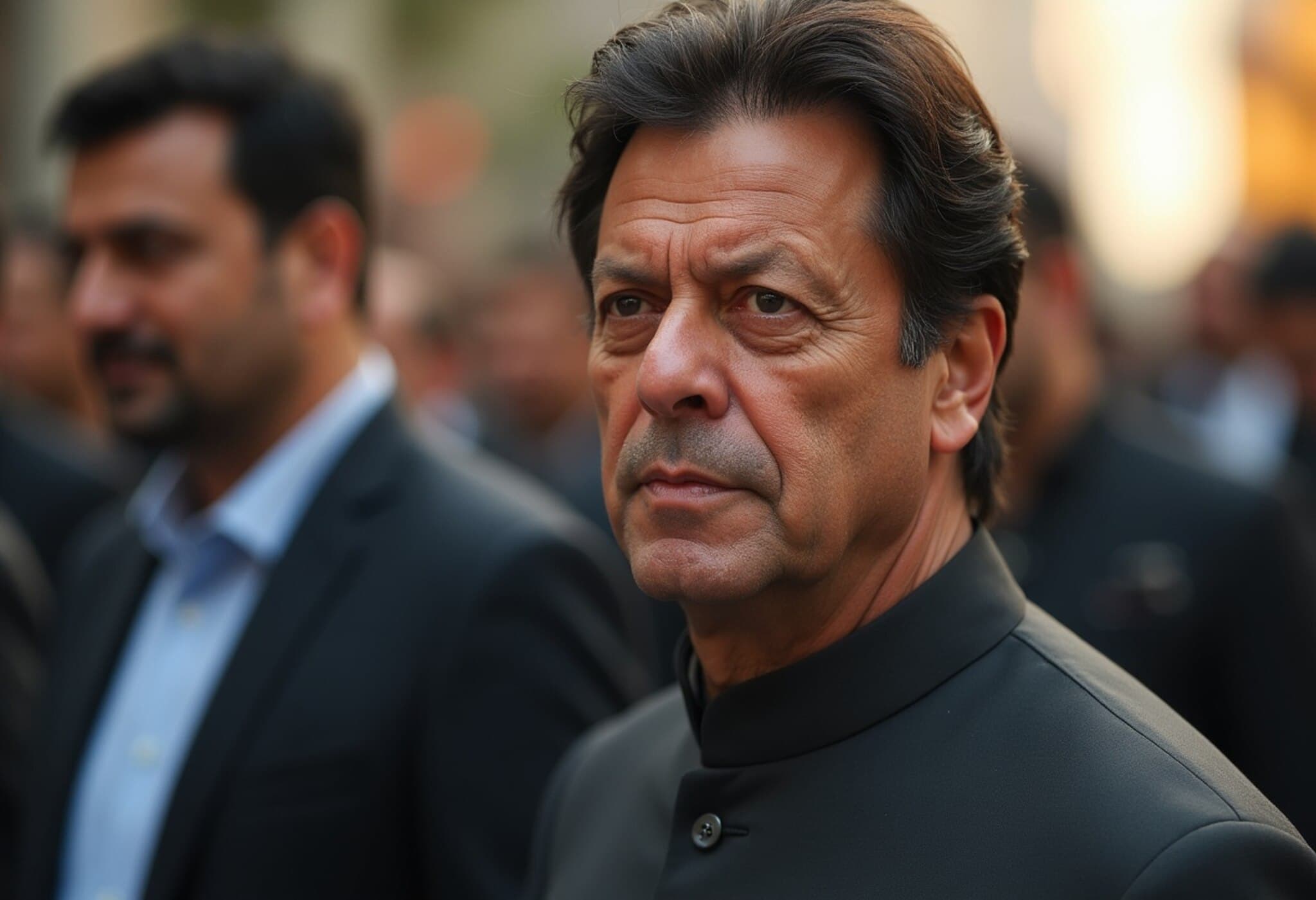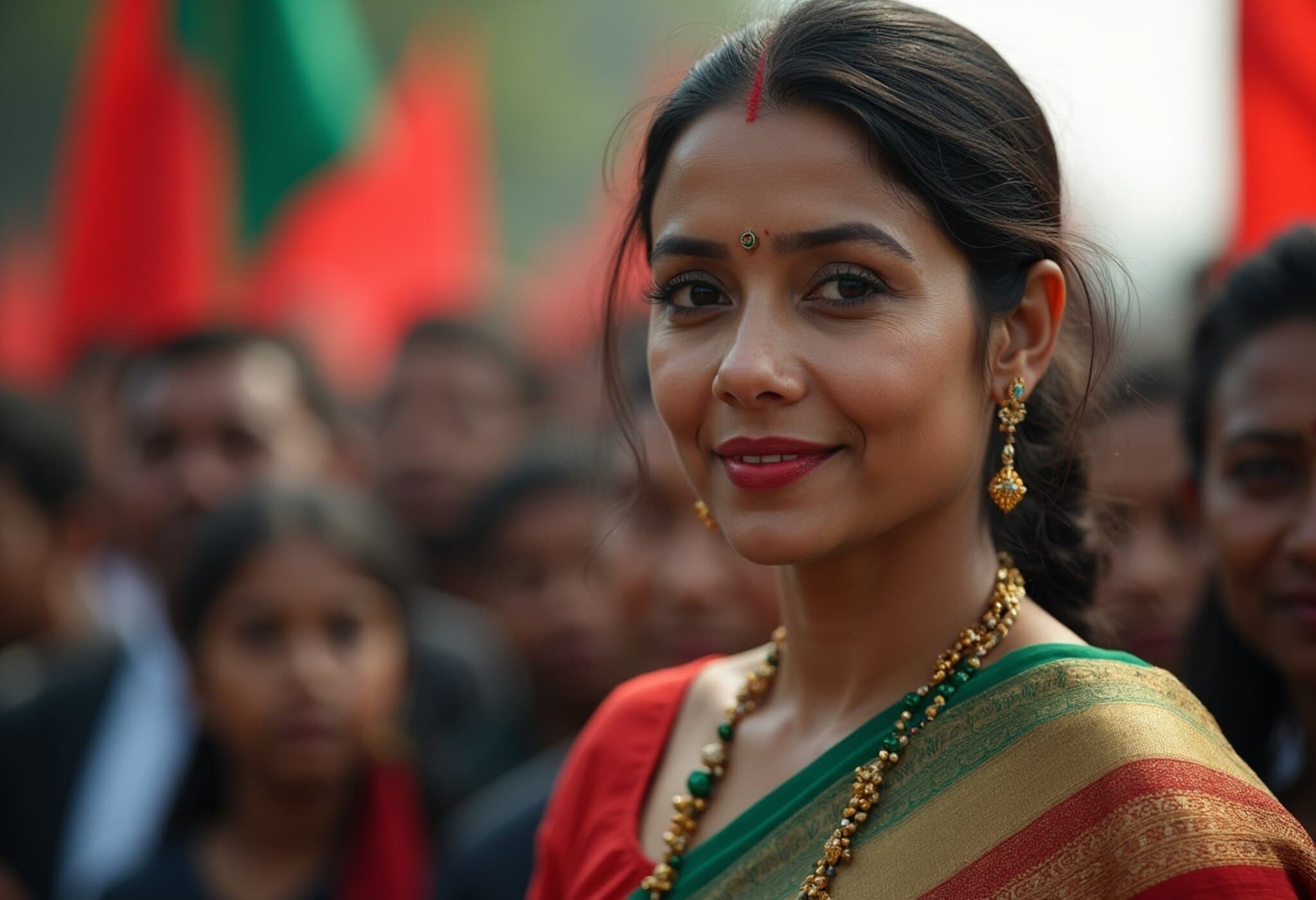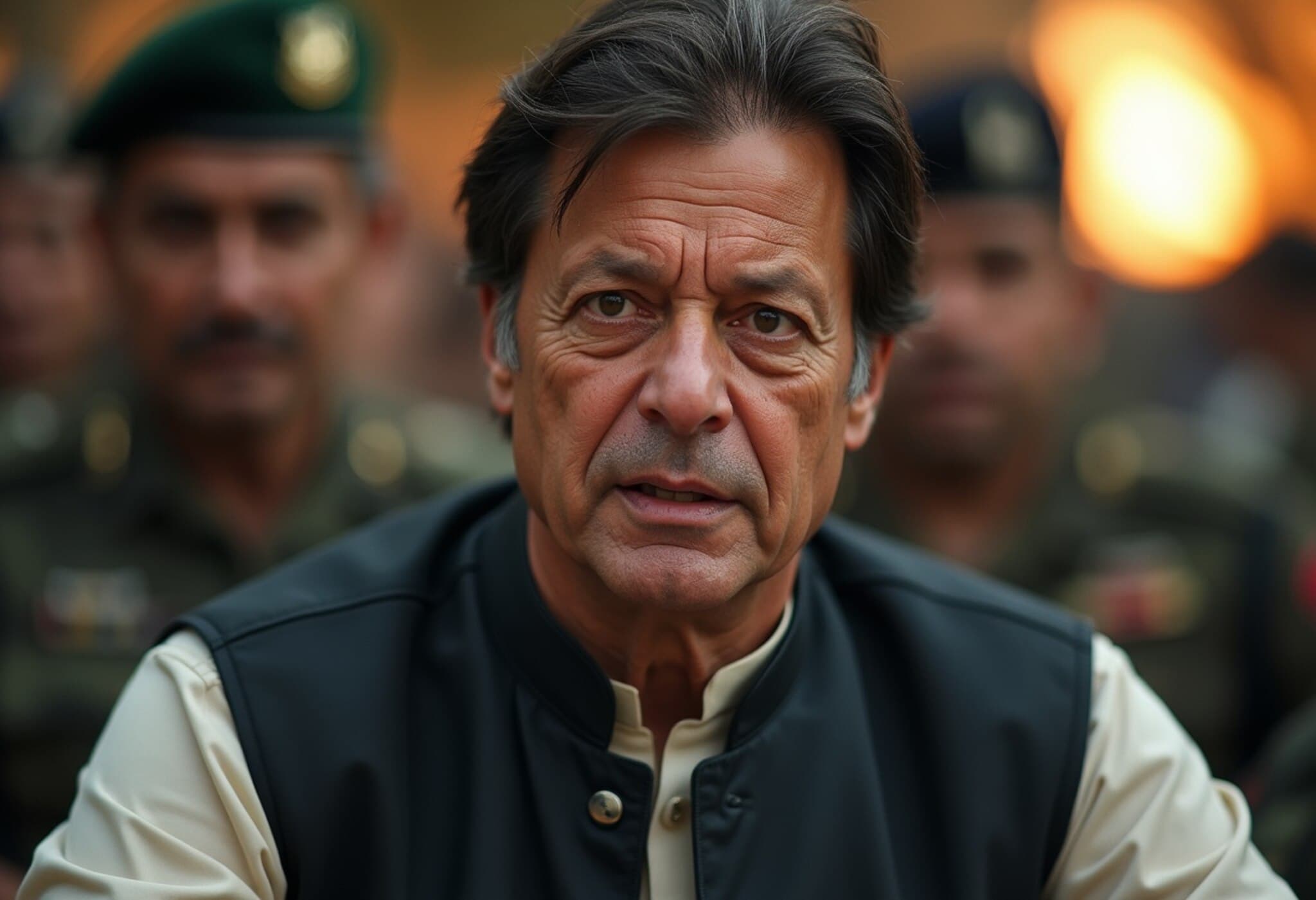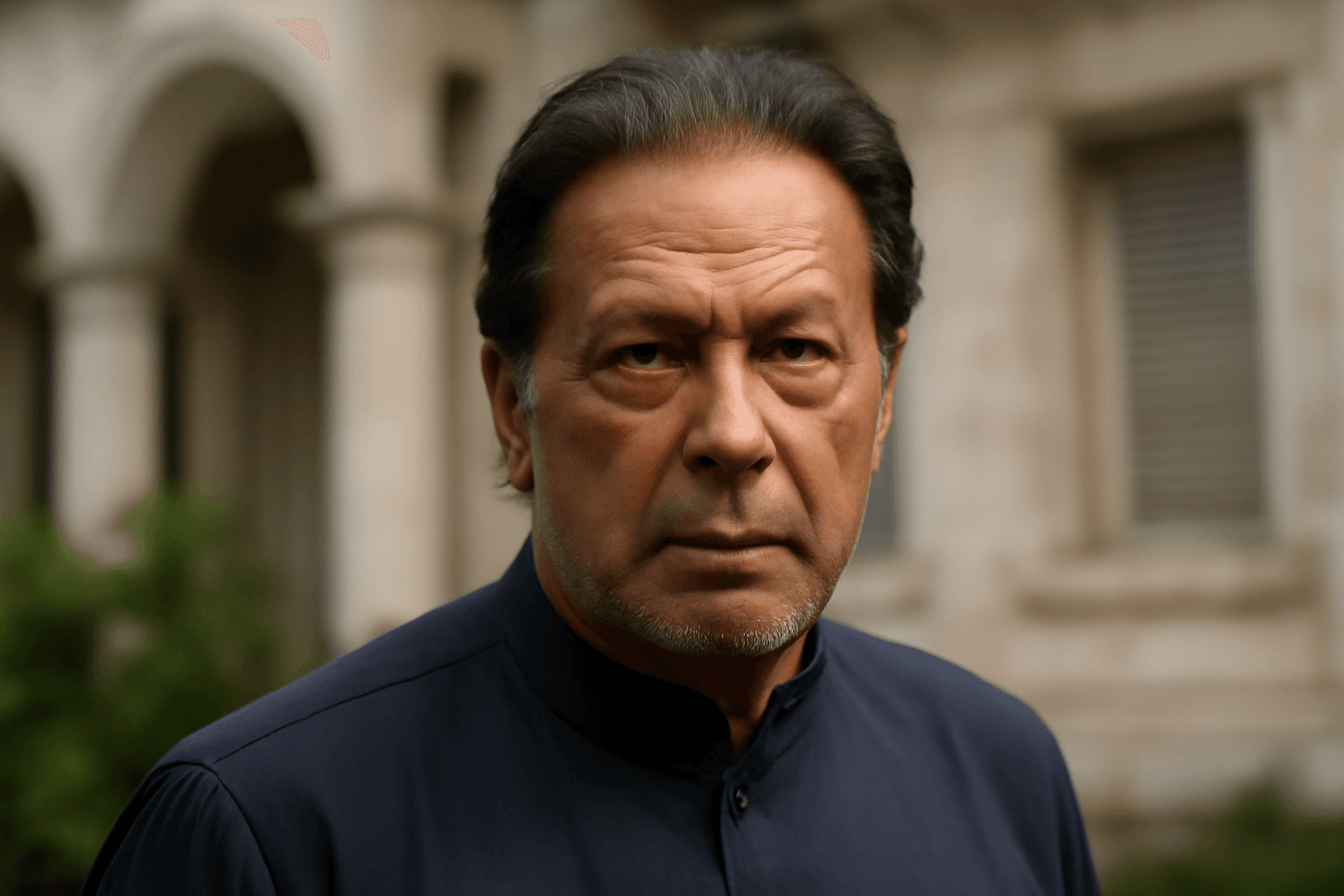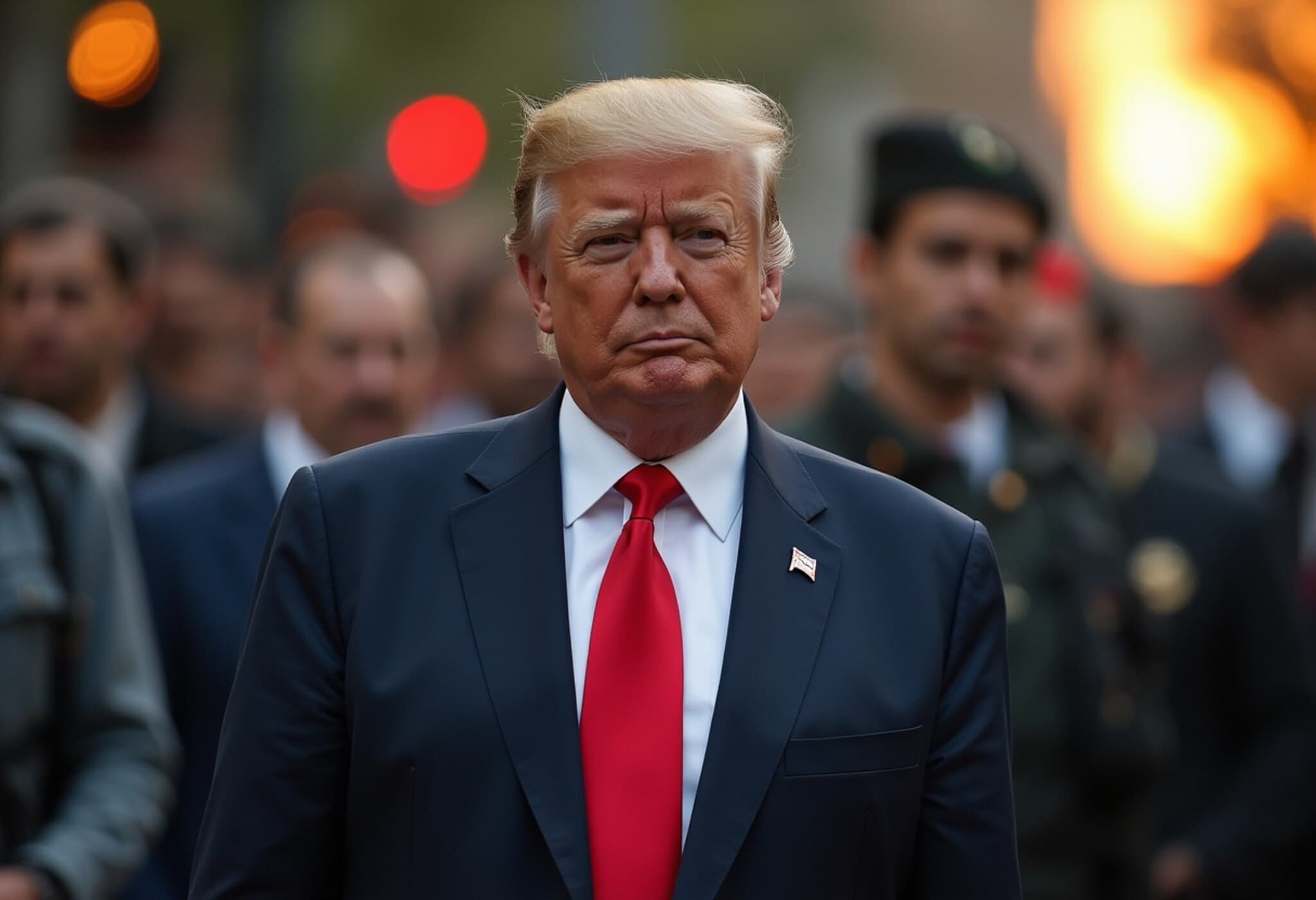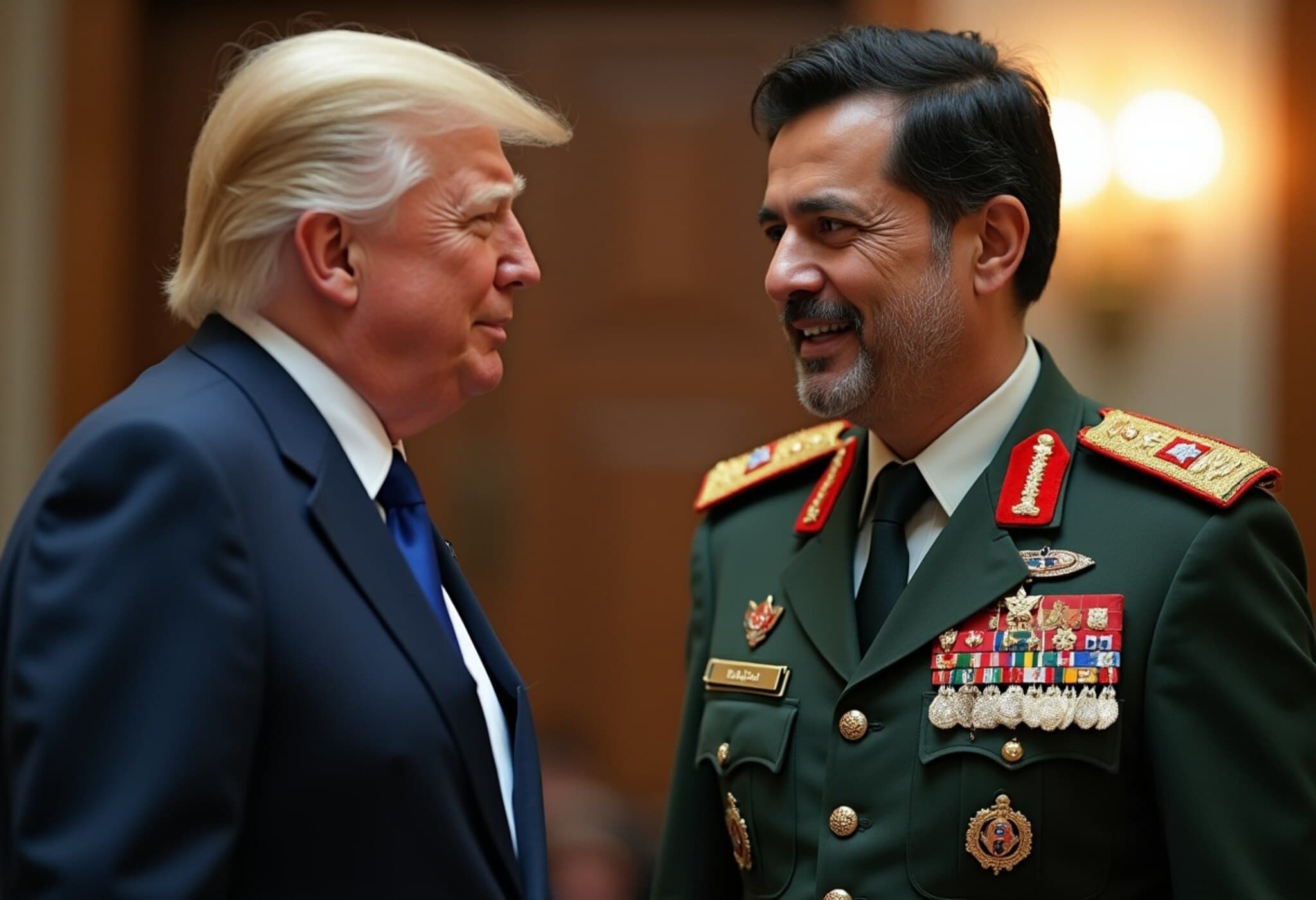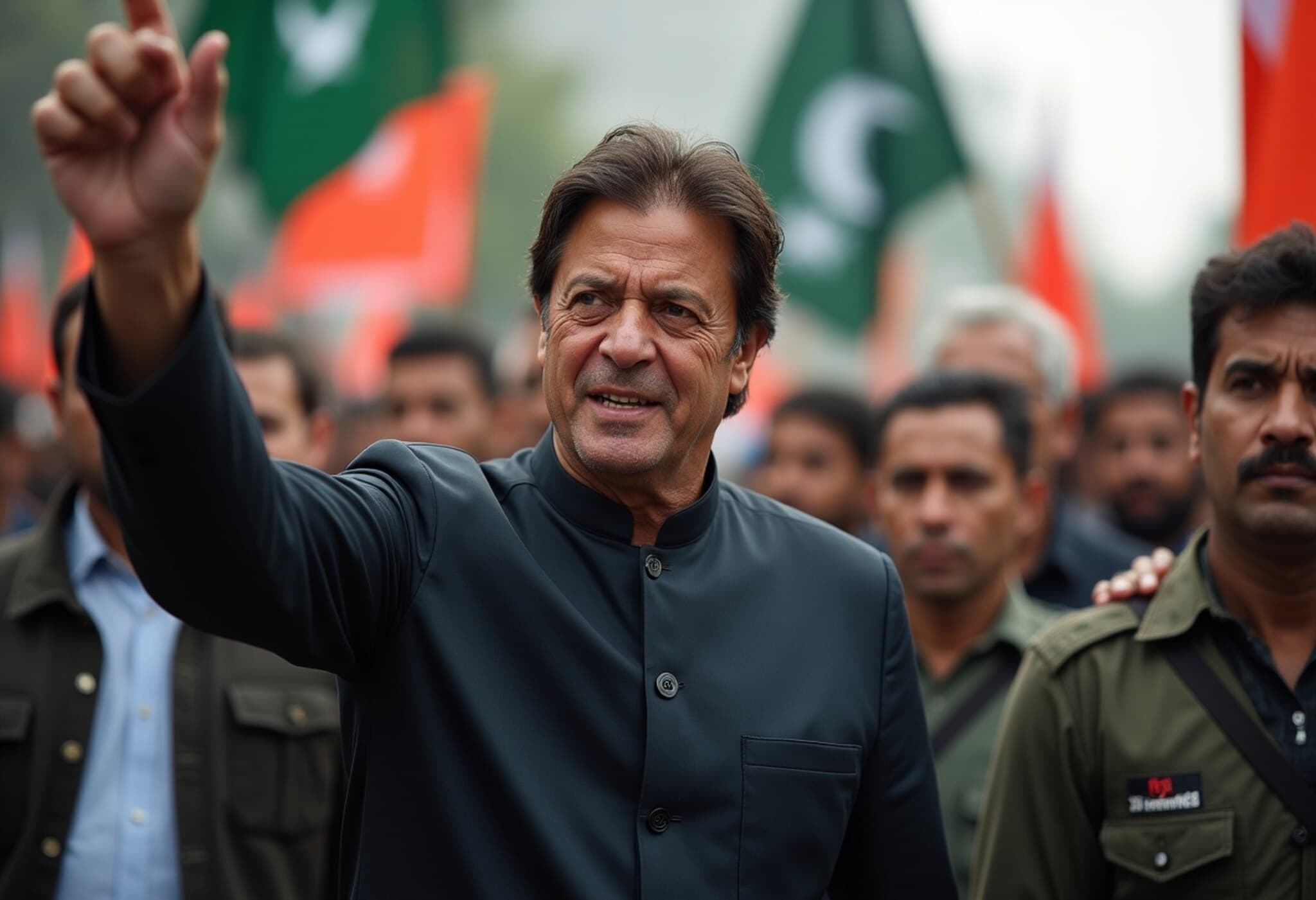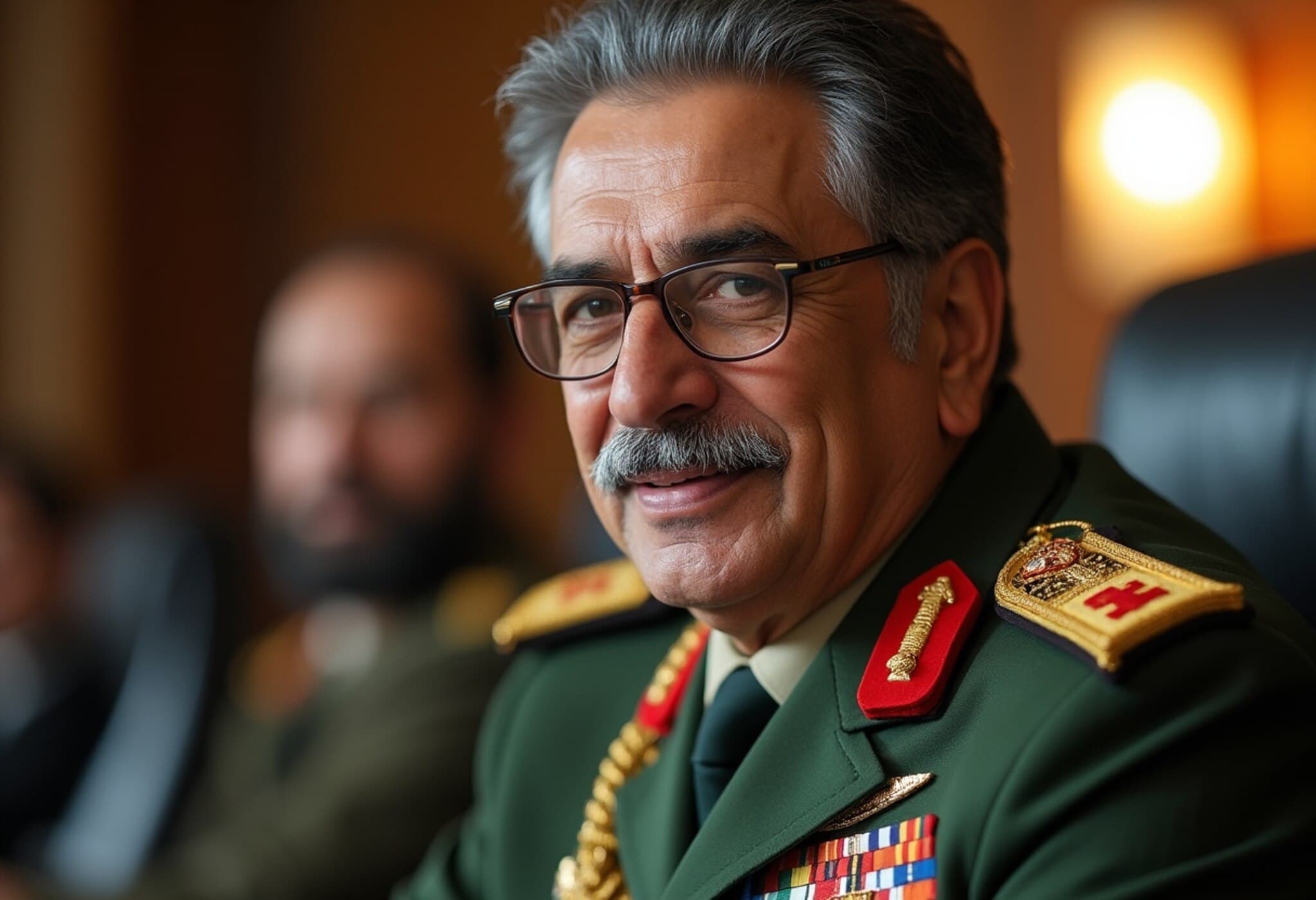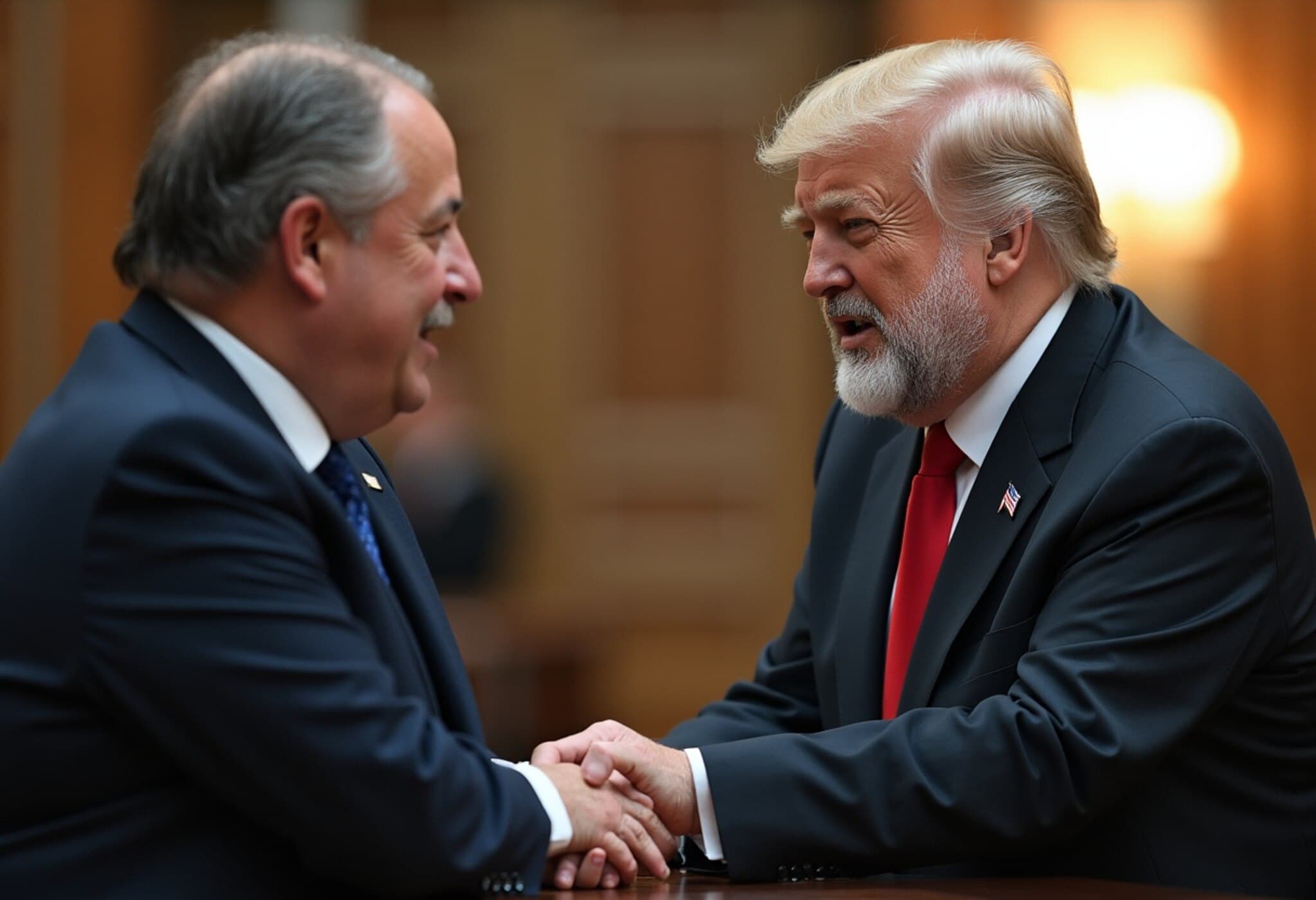Imran Khan Alleges Unprecedented Hardship During Incarceration
Former Pakistani Prime Minister Imran Khan has publicly described his imprisonment as the most severe and oppressive ever faced by a political leader in Pakistan. Since his detention at Adiala Jail in Rawalpindi in August 2023, Khan has become a vocal critic of his treatment behind bars, highlighting conditions he claims violate basic human rights and the constitutional principles he vowed to uphold.
Harsh Conditions Amid Political Turmoil
On his verified social media platform, Khan lamented the squalid state of his prison environment, notably alleging that even the water provided for religious ablutions is contaminated and unsuitable for use. In addition, he claimed that books sent by his family have been withheld for months, and his access to television and newspapers has been cut off, leaving him with only the monotonous option of rereading old volumes.
Such conditions stand in stark contrast to those experienced by other high-profile detainees. Khan specifically cited former Prime Minister Nawaz Sharif, noting that despite Sharif’s involvement in multiple corruption cases, he was afforded relatively comfortable incarceration privileges. Khan exhorted that no political prisoner in Pakistan’s history has endured the combination of physical deprivation and political isolation he currently faces.
Family and Communication Restrictions
Khan also raised concerns about the welfare of his wife, Bushra Bibi, describing her conditions in detention as “inhumane,” despite her non-political status. Moreover, Khan claimed that his basic human rights, as enshrined by law and prison guidelines, are being ignored.
He revealed that repeated requests to talk with his children have been denied. Furthermore, his interactions with visitors are strictly limited to a select group, while political meetings have been entirely curtailed — distinctions that underscore Khan's sense of politically motivated repression.
Political Stakes and the Road Ahead
Amid these personal hardships, Khan called for unity within his party, Pakistan Tehreek-e-Insaf (PTI), urging members to put aside internal disputes. He emphasized the importance of mobilizing ahead of a nationwide campaign, the “Free Imran Khan Movement,” slated to begin on August 5, 2025.
Khan’s sons, Suleman and Kasim, are reportedly in the United States engaging with lawmakers and former Trump administration officials to advocate for their father's release, highlighting the international dimension of this politically charged detention.
Judiciary Under Scrutiny
Beyond his imprisonment, Khan lambasted the current government led by Prime Minister Shehbaz Sharif, accusing it of undermining judicial independence. According to Khan, the judiciary is crippled with bias, delivering unjust verdicts that erode public trust and threaten Pakistan’s democratic fabric. He called for a vigorous campaign to restore the judiciary’s autonomy, arguing that this is essential for Pakistan’s survival and progress.
Expert Insight: The Intersection of Politics and Justice in Pakistan
Political analysts view Khan’s accusations through the lens of Pakistan’s polarized political landscape, where judicial decisions often intersect controversially with political rivalries. Khan’s detention and claims of maltreatment underscore ongoing concerns about the politicization of legal institutions in Pakistan. Experts warn that such developments could deepen societal divisions, weaken democratic norms, and deter political participation.
From an American policy perspective, Khan’s incarceration also complicates bilateral relations, as US lawmakers weigh human rights considerations alongside strategic interests in South Asia. The engagement of Khan’s family with US officials signals increased international attention to Pakistan’s internal political dynamics.
Looking Forward: Challenges and Questions
- Can Pakistan’s judiciary reclaim its independence amid accusations of political interference?
- Will Khan’s imprisonment galvanize or fragment his political base ahead of crucial movements?
- How might international diplomatic efforts influence Pakistan’s domestic political contests?
Editor's Note
Imran Khan’s bold claims about his incarceration shed light on the fraught intersection of politics, justice, and human rights in Pakistan. This situation invites a closer examination of how political dissent is treated within emerging democracies and raises critical questions about judicial fairness and political imprisonment worldwide. As Pakistan approaches upcoming mass mobilizations, the unfolding events will be pivotal for both domestic stability and regional geopolitics.

